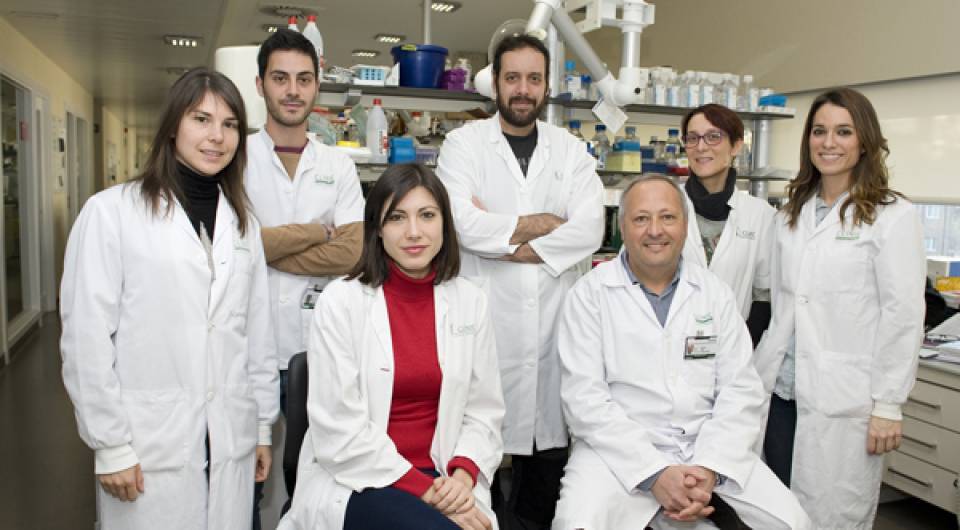Omega-3 are essential polyunsaturated fatty acids that are present in cell membranes which are converted in the liver to epoxides by the presence of metabolic enzymes. These epoxides have anti-inflammatory properties, can reduce oxidative stress and have the ability to increase autophagy, or, in other words, they promote the elimination of what is harmful to the cell. The only drawback is that these epoxides are unstable molecules with a lifetime of a few seconds as they are inactivated by an enzyme, the soluble epoxide hydrolase (SEH). Until now, several studies have shown the benefits of inhibiting this enzyme in the field of hypertension. In this study, published in PNAS, researchers have focused on demonstrating that this inhibition may also play a role in NASH, since in this disease the enzyme is present in large quantities in the liver.
Thus, researchers studied the effect of a drug developed by Professor Bruce Hammock at the University of California (Davis) to inhibit the enzyme sEH specifically. Obese mice genetically modified to have tissues enriched omega-3 (to generate large quantities of epoxides) were used to test the drug efficacy. Researcher form IDIBAPS found that inhibition of the enzyme that degrades these epoxides reduces the liver inflammation associated with fat accumulation and increases autophagy by the hepatic cells. Moreover, they found that this effect also occurs in obese adipose tissue.
Inhibitors of sEH are suggested as a promising therapeutic strategy to prevent and counteract the consequences of obesity. Based on the significant results obtained in this work new studies will be launched to test the efficacy of the drug in patients with obesity and fatty liver disease.
Article reference:
López-Vicario C, Alcaraz-Quiles J, García-Alonso V, Rius B, Hwang SH, Titos E, Lopategi A, Hammock BD, Arroyo V, Clària J.
Proc Natl Acad Sci U S A. 2014 Dec 30. pii: 201422590. [Epub ahead of print] PMID: 25550510 [PubMed - as supplied by publisher]

